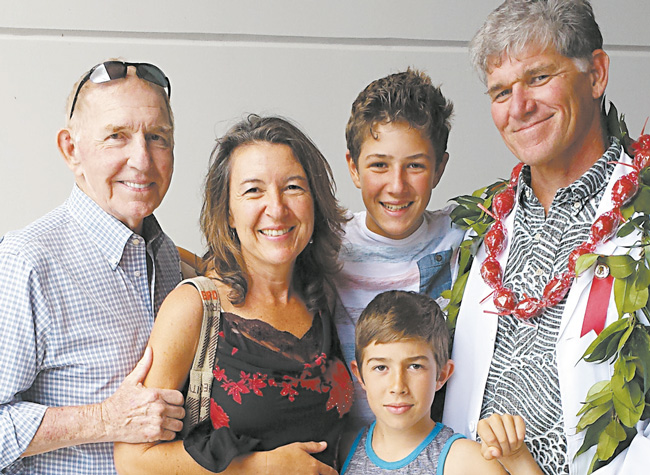Technology Era’s Effect On Education
“Back in the day,” as my wife likes to say, when she and I were in high school, there were usually only two tracks of study, “Vocational” and “College Prep.”
The descriptive titles may have varied from school to school or era to era, but in any case, the implications were brutally clear:
“College Prep” meant you were smart enough to go to college, and “Vocational” meant you weren’t so smart … or at least your career counselor didn’t think you were.
Actually, being smart or not-so-smart sometimes had little to do with it. It also depended on the stability of your home life; your parents’ expectations and how much value they placed upon reading and academic success; the group of friends you fell in with; your early childhood education; the talent and enthusiasm of your teachers over the years; your achievements in sports or extra curricular activities; and often just dumb luck.
And who doesn’t love a story about the cruel honesty of the teacher who said: “College! You might as well give up on that pipedream right now, Missy.”

The author with his graduating son and his family PHOTO FROM STEVE COFFEE
And then “Missy,” her determination steeled by anger and hurt feelings, goes on to graduate from college with honors just to prove to that teacher she could.
This past weekend, my eyes were blown open by how much things have changed.
As my eldest son in Kamuela on Hawaii island completed the most critical stage of his midlife career change (from teaching to nursing) by achieving his associate degree in nursing from UHHilo — with honors, no less! — I was so proud of him and his family (his wife and two boys had to take up the slack these past two years).
There was no way I could not attend that graduation ceremony held in the same venue as Merrie Monarch.
Not only were there the long-winded letters of “congratulations” from state politicians (how they drone on), but also students were awarded not only associate degrees in nursing, but also in automotive mechanics and technology, electrical installations and maintenance technology, business technology, marketing, culinary arts (the teaching staff all wore their tall, white chef hats), accounting, hospitality and tourism, electronics technology, auto-body repair and painting, Hawaiian lifestyles, agroforestry management, administration of justice, information technology, fire science and early childhood education.
Technology has changed the complexion of what used to be simple, mundane areas of our lives.
Remember when you could look under the hood of your car and see the ground? Probably no other body of knowledge and the associated “diagnostic” skills (aka trouble- shooting) have changed as much as automotive technology and mechanics — a metaphor for the constantly increasing technology in all spheres.
And what better place than Hawaii to have a depth of knowledge in hospitality and tourism? That expertise economic sustenance. The same could be said for culinary arts, a more defined aspect of the hospitality business.
Administration of justice and fire science will make for a more capable and professional corps of first responders, to everyones benefit.
Gone are the days when the choice was between “College Prep” and “Vocational” (wood shop, typing, auto mechanics and body repair). In the technological society in which we now thrive, the ol’ hollow excuse, “I woulda gotten into MIT (or Princeton or Harvard) if my shop teacher hadn’t had it in for me” may be getting more believable all the time.





